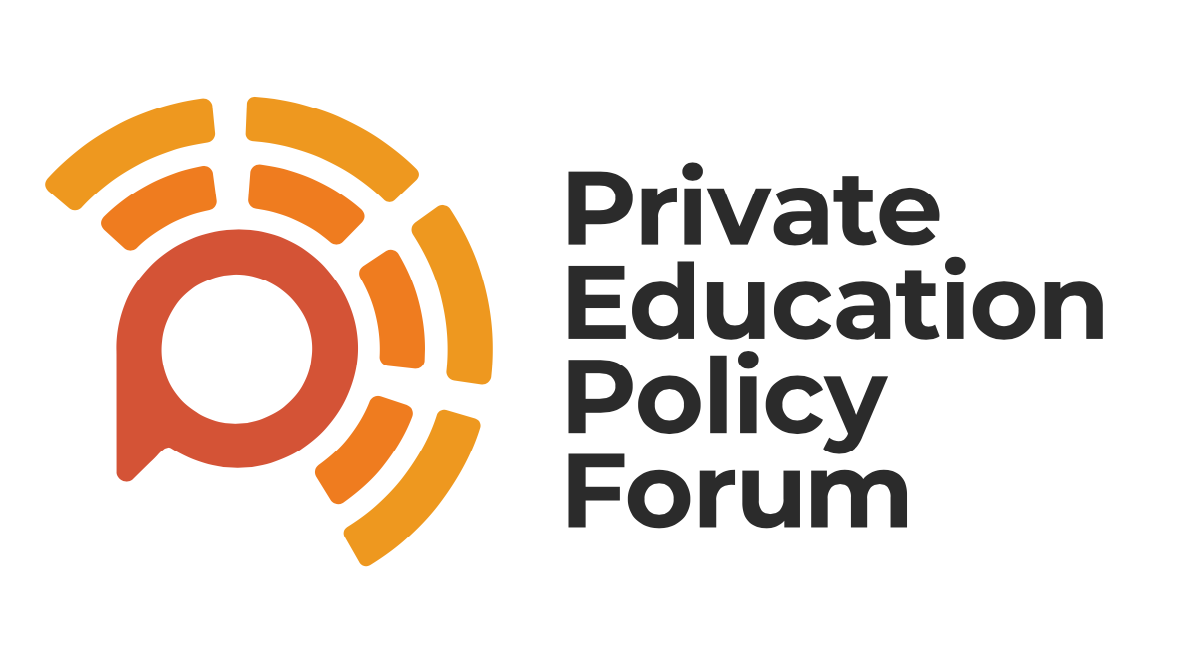
Title:
“Heterogeneity in graduate earnings by socio-economic background”
Authors:
Crawford, C. and A. Vignoles (2014). Institute for Fiscal Studies Working Paper (W14/30): 1-20.
What’s it about?
We know that private schooling makes it more likely to gain access to university. But what happens to graduates after university?
A previous Research Explainer looked at the earnings of a sample of people at all education levels, who had been born in 1970.
The study here gives evidence about those born in the mid-1980s, and focuses just on university graduates.
It asks: among those graduating in 2007, how did the subsequent earnings of those from private school sixth forms compare with those at state school?
Methodology
The study used the ‘Destination of Leavers from Higher Education’ survey which provided information about students’ occupation and earnings:
a) six months after graduating, when there were 74,000 people in the sample, and
b) 3 years later, when there were only 23,600, though the sample remained approximately representative.
Crucially, the study was able to control in a detailed way for family background/parental income, A level grades, university, degree subject and class, and any post-graduate qualifications.
What are the findings?
This research adds to the body of evidence about private schools’ effects. Compared with otherwise similar pupils:
-
Six months after graduating, those who had been at private school sixth forms earned an average of 17.5 percent more than students who had been at state school sixth forms
-
Once controls had been made for socio-economic background, educational qualifications other than the undergraduate degree, and for the type of occupation they were doing, the “private school premium” among graduates was still substantial at 6 percent. In other words, pay was higher for the privately-educated, even among similar people in the same occupation.
-
This same premium was sustained 3 years later.
What are the limitations of this research?
The findings only apply on average: some privately-educated will gain more, some less than the average premium. Even though many family characteristics and prior attainment measures are observed and controlled for, there could be other factors involved which could bias the findings either way.
The authors speculate that the reason for the private school pay premium among graduates with a similar background is either the unwritten skills and attitudes that private schools pupils acquire, or the social networks they are able to access after school.
However, there is no solid evidence as yet surrounding either of these explanations.
Explained by: Francis Green, professor of work and education economics at UCL Institute of Education



